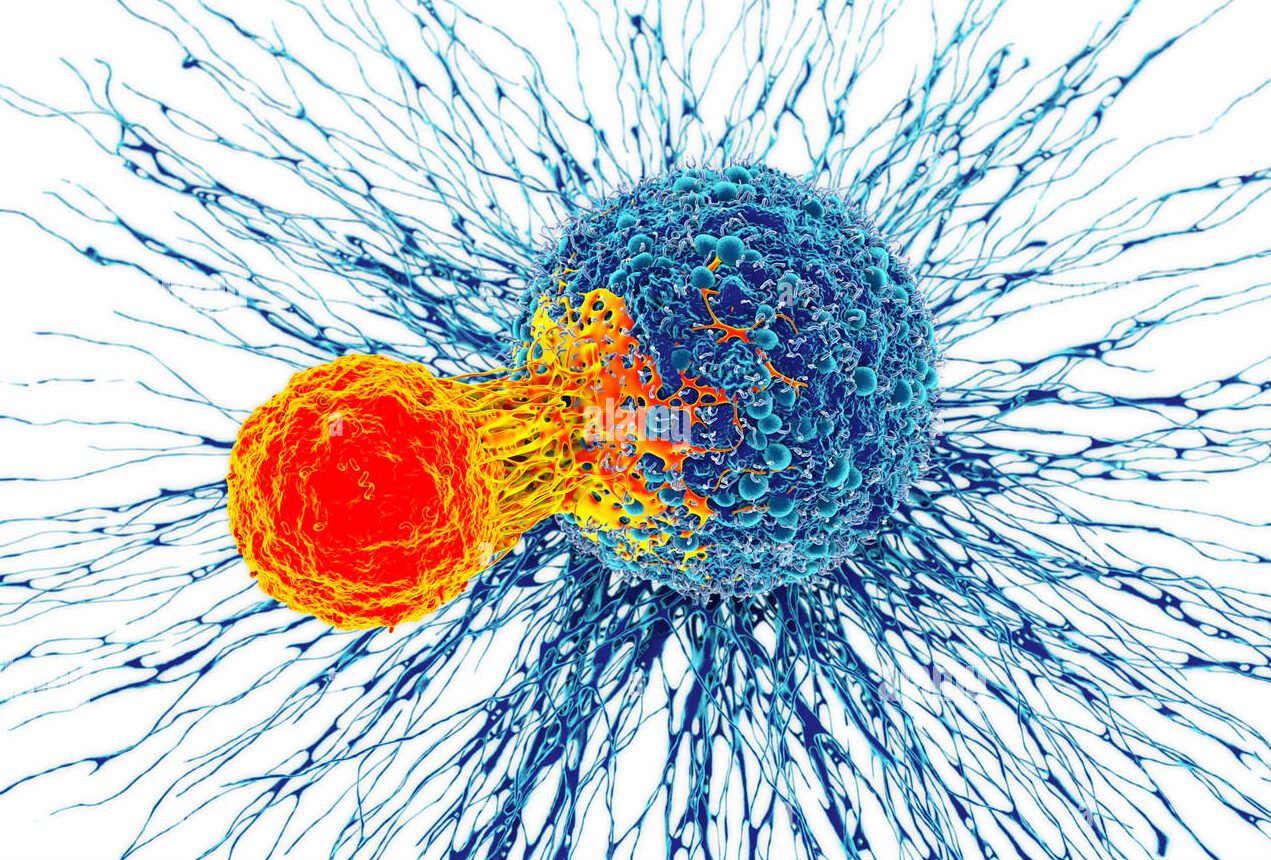From revolutionary drugs to harnessing the power of our immune system, Nobel Prize laureates have made groundbreaking contributions to life-saving cancer therapies.
In 1996, Charles Huggins received the Nobel Prize for his pioneering research into prostate cancer. During the early 20th century, prostate cancer was not well understood. Huggins demonstrated that hormones could influence the disease’s progression, leading to the development of hormone treatments that have since become a cornerstone of prostate cancer therapy.
In 1988, Gertrude Elion and George Hitchings were awarded the Nobel Prize in Physiology or Medicine for creating a systematic method for drug production. Their early work produced a drug for leukemia, significantly improving survival rates for many children with the disease. Just two years later, Donnall Thomas received the Nobel Prize for his groundbreaking work on bone marrow transplantation for leukemia, offering new hope for patients battling this aggressive cancer.
Fast forward to 2018, when James Allison and Tasuku Honjo were honored with the Nobel Prize in Physiology or Medicine for their revolutionary work in immunotherapy. This innovative treatment leverages the body’s immune system to target and destroy cancer cells, offering a novel approach to cancer treatment. Immunotherapy now stands alongside chemotherapy, radiotherapy, and surgery as a powerful option for cancer patients, transforming the landscape of cancer care.
